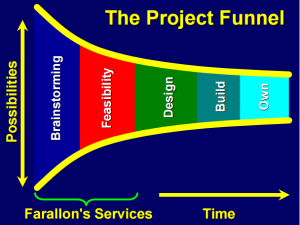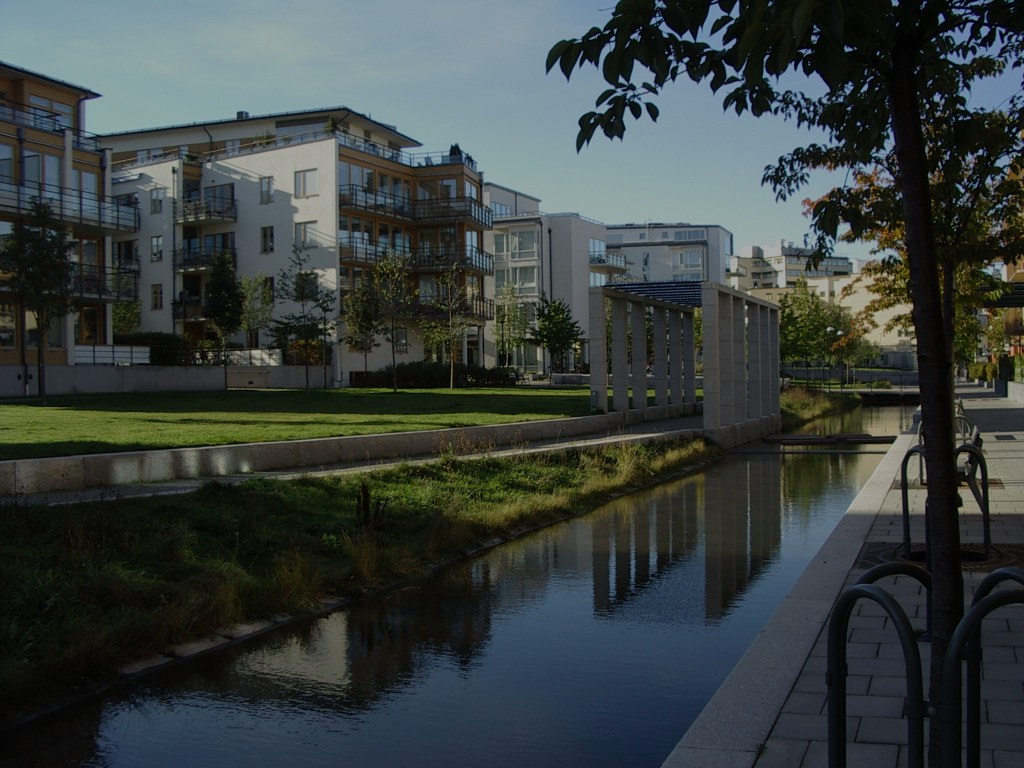Organizations can begin with good intentions when they set out to reduce their environmental impacts. Without an adequate framework to guide their efforts however, the results can be less than optimal. We find the best results come from an integrated process, in which all stakeholders are engaged early to uncover their interests, and in which these interests are taken into account through the project.
 In our work, we:
In our work, we:
- Begin by helping clients to define their environmental, social, and economic goals.
- Formally identify and engage stakeholders in a process to uncover their interests (for example, their aspirations and fears regarding the project.
- Work with stakeholders to brainstorm as many options as possible to achieve these goals.
- Evaluate how well each option supports the client’s goals and interests.
- Present a shortlist to the client showing the best candidates for feasibility studies.
- Help qualify and hire the technical and business consultants to complete the studies.
- Guide the specialist firms through their feasibility study work to ensure the work is optimized for the client.
- Help the client decide how to proceed with their chosen projects.
We also help clients in their efforts to find financing or public funding for projects.
We recognize two kinds of error that can interfere with creative, practical solutions. The first type occurs when detail-oriented questions are asked too early in the brainstorming process, which can inhibit creativity.
The second type of error occurs when brainstorming continues too far into the detailed design stage, resulting in rework and higher cost. We have the technical experience to ensure the right questions are asked at the earliest stage of the project – questions like “what if?” and “why not?”.
It would be simple to use industrial ecology to design a new community along nature’s lines, but we think the greater challenge is to find ways to retrofit existing communities. Industrial ecology is “opportunistic”, and requires a creative and open-minded approach to recognizing hidden opportunities in existing communities. Good industrial ecology requires creativity and experience to know where to look for opportunities.
Farallon brings extensive industrial experience as well as efficiency, creativity, and access to first-class specialists in ecology, building energy, community development, district heating, bio-energy, governance and regulatory issues, architecture, and economics.

